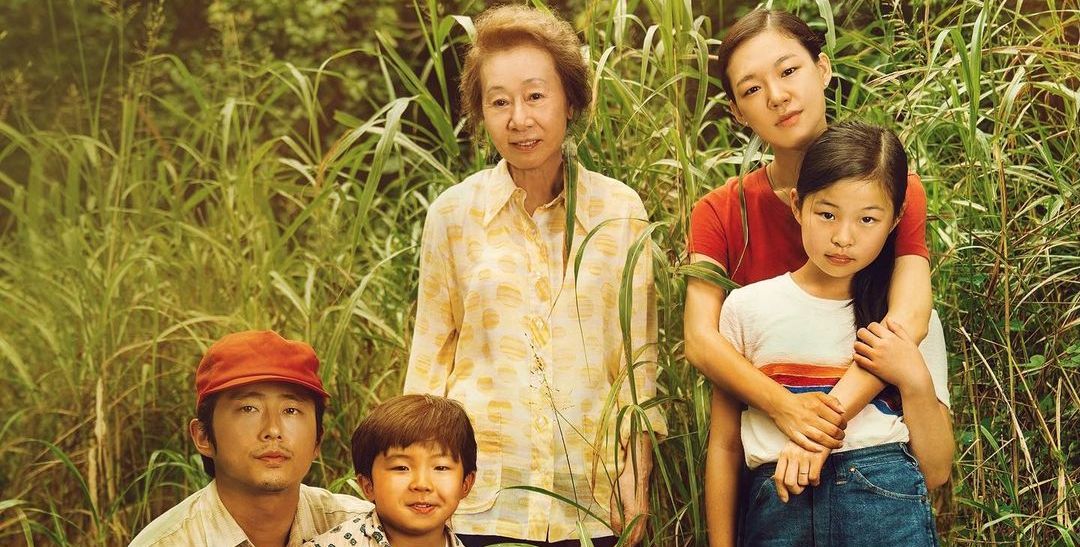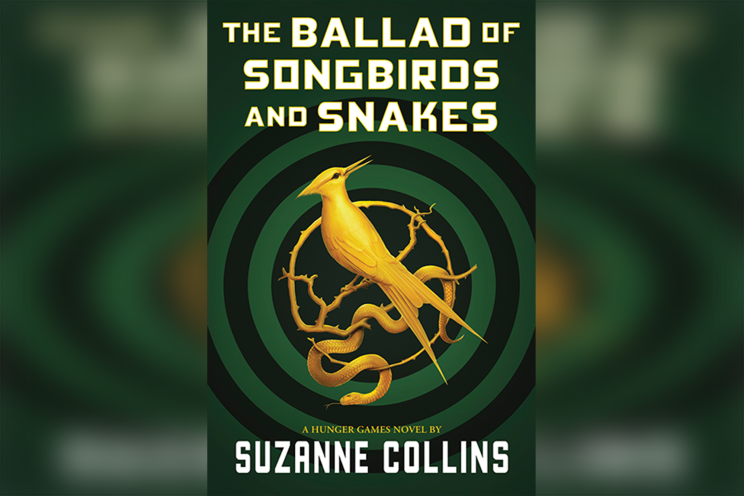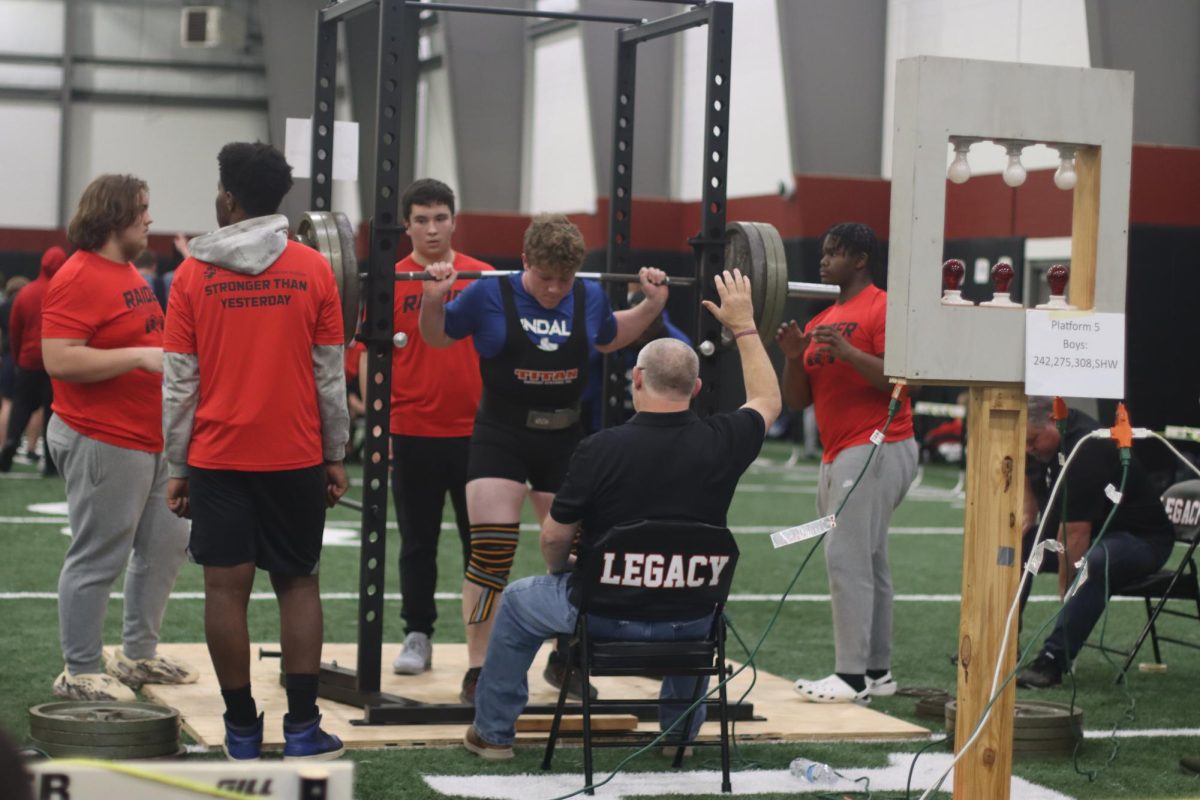In the midst of the COVID-19 pandemic, one of the sectors of the economy that was hit the most was entertainment. This means the suspension of new movie releases indefinitely, the closing of a lot, if not all theaters, and a great instability about the creation of new films. This means that instead of going to the cinema to see the newest blockbuster on the big screen, movie production companies and moviegoers alike transitioned to streaming services. Because of that and the already razor-thin profit margins, few movies this year were released, but of those that were, one shines bright. Minari is a story that follows a family of South Korean immigrants that find themselves on a farm in Arkansas to carry out the dream of the father, Jacob, and his ambition to cultivate Korean fruits and vegetables for a growing American market. Based loosely on the childhood experience of the writer Isaac Lee Chung, the screenplay and script alike enshrine values of unity within family and their struggle for success in their new home. There will be various spoilers throughout this review, so go ahead and turn away if you’ve not seen the film already.
The movie starts with the father introducing his wife Monica and his two children David and Anne to their new home in the middle of a field, which Monica immediately detests and frowns upon, for it is a much more primitive home in comparison their previous home, and also in comparison to her expectations for the family. To her, the idea of a farm was a pipe dream, and for him to spend all of their savings on a chance instead of something concrete remains a motif throughout the film and the primary area of conflict within their marriage. The movie illustrates these ideas very subtly though, for the love in the relationship is very present, but the conflict between the two comes in waves of passion followed by silent dismissal. After a particularly vehement argument, Monica calls upon her mother and invites her to come live with the family. Monica’s mother, known better as simply grandma or Soonja throughout the film, is not your usual grandmother though. She has no husband and hasn’t for a while, and defies all expectations of what a “grandmother should be” by being very much more like her grandson insofar as she is very manly and tough, as she likes nothing more than to drink Mt. Dew and wade among the creek that snakes called home, where she planted minari, or Korean water celery. The film follows the story of not only the farm, but the growth and adherence of David with his grandmother, from him not understanding the way she loves and treats his heart murmur, to coming to love her dearly and missing her after she suffers from a stroke and is not nearly the woman he fell in love with.
The relationship between David and Sanjoon is my favorite part of the film by far. The story of the farm and the subtext between Jacob and Monica could have been completely absent and I still would have loved this movie as much as I did. The story of the grandson and grandmother growing together in vast and drastically different ways is something that resonates with me in a very profound way. Maybe it is because of my own personal experiences and love for my Nana, but seeing this relationship and seeing how it pans out tugged at my heartstrings in a way very few other films have. Seeing the way that he goes from yelling at her about how she isn’t ‘acting like a grandmother’ to sharing stories with her as they fall asleep in the same bed together illustrates the growth of David that correlates with his heart murmur being healed because of his new environment and love developed for those around him. They go on adventures together, watch television together and after her stroke he tends to her in the little ways that he can. The highs and lows of this relationship are the highlight of this film, and the way that that growth carries on far after her stroke remains something that affects the grandson in me throughout the film
In the end, this film is one of, if not the best film that I had seen in a year that I spent inside watching movies. COVID has affected the way that stories and what stories are told, but the fact remains that stories with a great sense of heart shine bright even in the dismal environment of this world. If I’m to recommend a film, it’s going to be this one with a perfect 5/5 score because of the beautiful storytelling, acting and writing that is straight out of the brilliant mind of Isaac Lee Chung.

















